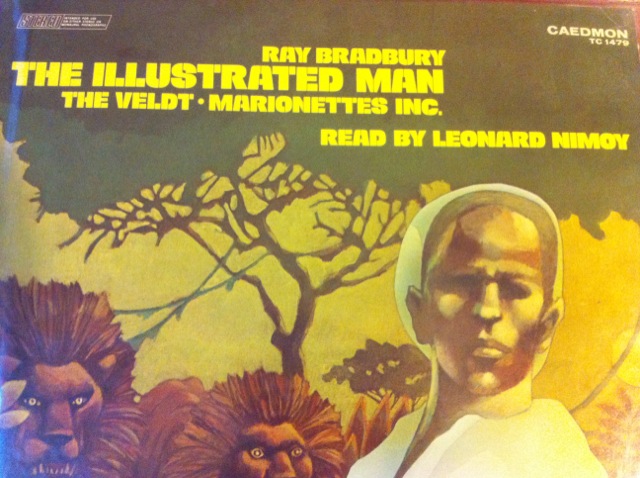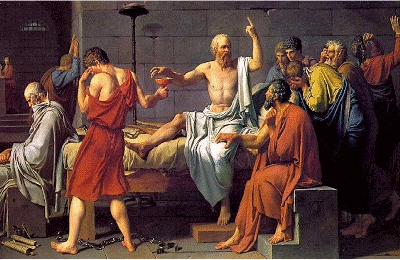The Dark Origins of Britain is a landmark series dealing with the greatest unresolved mystery in our history - how the modern nations of England, Wales and Scotland were born out of the chaos of the Dark Ages. In 400 AD, when Roman power collapsed in Britain, we were a province inhabited by Celtic peoples speaking a mixture of early Welsh and Latin. But only two hundred years later, the foundations of a new, Anglo-Saxon, English-speaking nation were being laid.
It was perhaps the biggest cultural transformation we've ever experienced. It set us on the road we were to follow to the present day. But even now, no-one knows how it happened, or why. The fifth and sixth centuries are truly the darkest period in our history - almost without written records or archaeological evidence.
An Anglo-Saxon brooch and a helmet from Sutton Hoo excavation.
In recent years historians and archaeologists have begun telling the story of the Dark Ages as it's never been told before. They've overturned our most basic assumptions about the period. For centuries we've taken it for granted that England was an Anglo-Saxon nation, and that England - and by extension, Wales - was created by a large-scale Anglo-Saxon invasion. But most experts now believe that that invasion never happened.
According to this new orthodoxy, there was no process of ethnic cleansing, as the contemporary chroniclers claimed and generations of children have been taught. Instead, the existing population of lowland Britain simply adopted Anglo-Saxon fashions, and learnt to speak English in a deliberate process of upward mobility. The Dark Origins of Britain investigates that extraordinary claim - with its profound implications for who we really are - with the help of Britain's leading specialists in the field.
Malmesbury Abbey iin Wilsthire. A monastry was established on the site in around 676 AD.
Programme 1:
...of the series goes to the heart of the debate over the origins of England and Wales. It uncovers amazing evidence drawn from the latest forensic techniques - such as analysis of tooth enamel - which has proved that the "Anglo-Saxon cemeteries" dotted across England actually contain very few Anglo-Saxons. But it also looks at new genetic research which appears to show the opposite; suggesting that hordes of marauding Anglo-Saxons did indeed come here after all. Finally, this programme considers whether contemporary notions of political correctness have influenced attempts to construct a non-violent version of our national origins.
Programme 2:
...investigates the Dark Origins of Scotland - and the mystery of the Picts, a people who dominated the north of Britain for a thousand years - and then apparently vanished. The Picts left no written documents but to this day they tantalise us with the hundreds of unique sculpted stones they scattered across the landscape, carved in a language of symbols that we're still struggling to interpret. Who were the Picts? Where did they go? And what legacy did they leave Scotland?
Programme 3:
...brings the story up to date. It looks at how the English, Welsh and Scots have returned again and again to plunder the Dark Ages to explain - and re-interpret - their origins. Why did the Norman kings of England promote the cult of King Arthur? Why is Queen Victoria portrayed in the National Portrait Gallery as an Anglo-Saxon maiden? And what are the origins of the modern-day fascination with all things Celtic? This programme examines the role of myth in the formation of our national identities.










